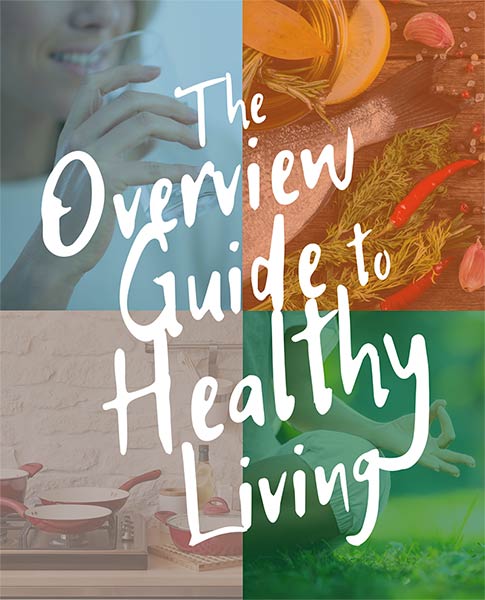The prevalence of Autism has increased dramatically over the last several generations. Currently one in 150 children is affected by autism. The Autism spectrum includes such diagnoses as:
- Autism
- Asperger’s Syndrome
- Pervasive Developmental Disorder
- Childhood Disintegrative Disorder
At its core, Autism comes down to altered or delayed brain development. So what does a diet focusing on the gut, such as the Gut and Psychology Syndrome (GAPS™) Diet, have to do with treating Autism?
That’s a great question, one that many parents of Autistic children have been asking.
New research has shown a direct connection between the digestive system and the nervous system. This is often times called the gut–brain axis. Here you have your nerve cells, your digestive system housed in the gut, and your brain all connected. It’s a fragile ecosystem.
So, what happens when that ecosystem is disrupted?
Ninety-nine percent of children diagnosed with Autism are born with a normal brain. Somehow, the mechanism in the body converts what should be nourishing elements (specifically the food you eat) into toxins. These toxins are released from the gut and enter the blood system. From there they go directly to the brain. This reduces the brain’s ability to perform certain functions.
These changes are tied directly to your child’s specific genetic makeup. Many times, you believe your child is eating a healthy diet, but the body’s genes are not processing the food correctly. It turns “healthy” food into harmful substances.
Enter the GAPS™ Diet.
This revolutionary diet works to heal parts of the body impacted by the toxins. The GAPS™ Diet starts by removing harmful substances. Then together we customize a diet focusing on nourishing food. The GAPS™ Diet then stops toxins from leaking into the blood system, overall increasing healthy brain activity.
If you have a family member or friend diagnosed with Autism, schedule a free 15-minute consultation to see how the GAPS™ Diet can put them on a journey to optimal health.
